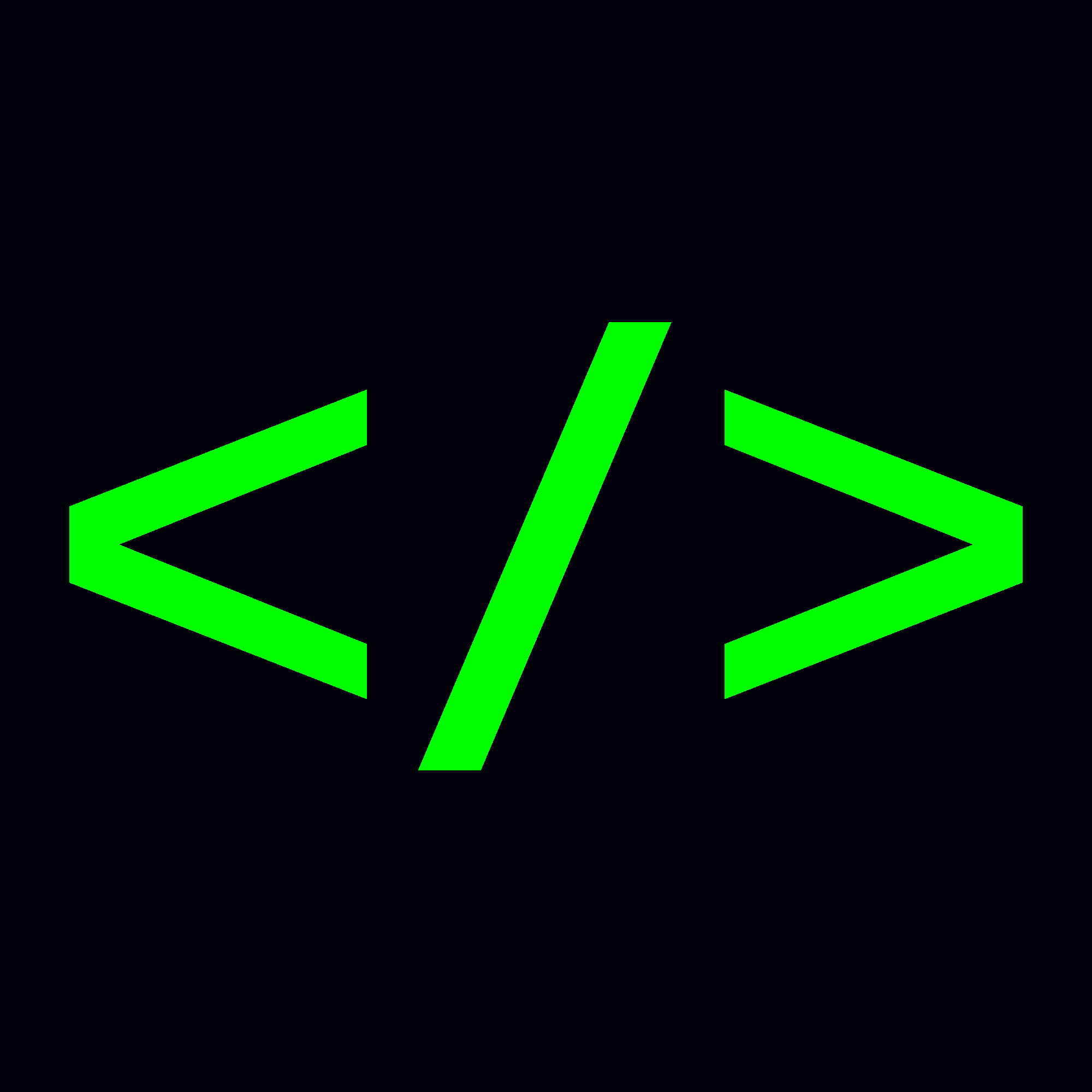
No.491 访谈技术科普博主闪客:公众号10W+关注者,非科班出身逆袭计算机

忽软忽硬
Deep Dive
Why did the interviewee switch from economics to computer science?
The interviewee switched from economics to computer science because they had a childhood interest in computers, particularly after being introduced to Flash in elementary school. Despite studying economics in college, they found it uninteresting and struggled with the subject. After graduation, they felt lost and eventually decided to pursue their passion for computers by taking a programming course, which led to their first job in the field.
What challenges did the interviewee face when trying to write an operating system?
The interviewee faced significant challenges when attempting to write an operating system, including the complexity of modern computer systems, security settings, and compatibility issues. They found it difficult to create an environment where their operating system could run, and ultimately decided to focus on understanding Linux source code instead of building their own system from scratch.
How did the interviewee's childhood interest in Flash influence their career?
The interviewee's childhood interest in Flash, which began in elementary school, sparked their fascination with computer software and programming. They taught themselves Flash and created animations and simple games, which laid the foundation for their later interest in programming and computer science. This early exposure to software development played a crucial role in their decision to pursue a career in technology.
What role did the interviewee's blog play in their learning process?
The interviewee's blog played a significant role in their learning process by providing a platform to document their journey of understanding Linux source code. Writing blog posts helped them stay motivated and accountable, and the positive feedback from readers encouraged them to continue. Eventually, their blog series on Linux led to opportunities such as creating a course on Geek Time and publishing a book.
Why does the interviewee believe that software stories are underrepresented in media?
The interviewee believes that software stories are underrepresented in media because the focus is often on hardware or technical tutorials, which can be dry and unengaging. They feel that software development has rich and interesting stories, but these are rarely told in a compelling way. This gap inspired them to create content that explores the history and development of software in a more narrative and accessible manner.
How has ChatGPT impacted the interviewee's learning and work?
ChatGPT has significantly impacted the interviewee's learning and work by allowing them to reverse-engineer code and analyze complex data. They use ChatGPT to understand binary code, machine commands, and network packets, which has accelerated their learning process. This tool has become indispensable for them, as it provides customized explanations and insights that traditional methods cannot offer.
- 儿时对Flash动画的兴趣是学习编程的起点
- 大学学习经济专业,后转行学习计算机编程
- 学习操作系统的过程中,从最初想自己写操作系统到最终学习Linux源码的转变
Shownotes Transcript